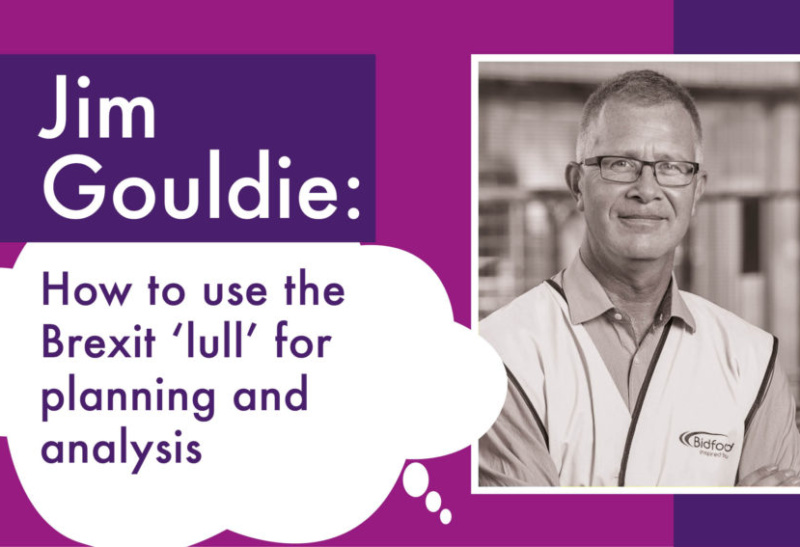Therefore, as we have detailed previously, we have analysed our supply chain and associated products for risks, secured additional warehousing, built contingency stocks and have retained the bulk of this as we lead into the approaching deadlines. This is obviously with significant cost to ourselves, but we feel to mitigate against potential impact of product delays and associated availability is the right thing to do for our customers, and hence a cost we will accept.
Whilst many of us may well feel we’ve had enough of Brexit, we would recommend using this ‘lull’ period rather than simply waiting to see the outcome of the next few weeks, to do further detailed analysis against different scenarios, so that impacts are fully assessed and actions can be put into place immediately. As such we would also recommend our customers complete similar actions, which for ourselves include:
- Further detailed reviews with suppliers, especially those whose supply chains are dependent on exports from the EU so that all parties have the necessary capabilities in place for all eventualities
- Close examination of the potential impact in our sector, the catering industry and the wider labour market of proposed immigration policies
- Whilst this is not a major element of our business, detailed reviews of all export requirements including veterinary and health certification for meat and related products to our customers, especially in the Republic of Ireland, both in terms of a ‘no deal’ Brexit and the proposed deal
- Lastly, reviews with associated financial representatives in the EU and UK on how to best manage the impact of any potential changes to VAT, tax and duty.
So in summary, whatever views we have on our preferred Brexit outcome, and whilst many of us will certainly be suffering from Brexit fatigue, now is not the time for waiting, but rather a valuable opportunity to further prepare, even in the midst of so much uncertainty. Though for the sake of everyone’s sanity, let’s hope we don’t have to do this for too much longer!



